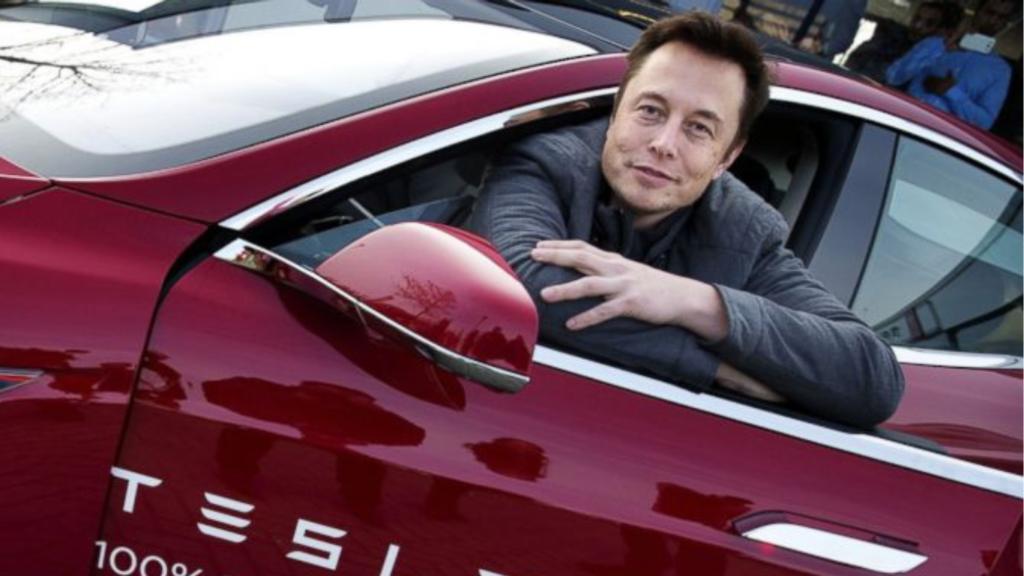In a landmark decision, the Indian government has rolled out a pioneering Electric Vehicle Policy (EVs), aimed at incentivizing major investments in manufacturing within the country. A key feature of this policy is the provision of duty concessions on imported cars for companies willing to commit a minimum of $500 million towards establishing manufacturing units in India.
Table of Contents
ToggleUnder this Electric Vehicle Policy:
- Foreign companies are required to invest a minimum of $500 million, roughly equivalent to ₹4,150 crore, in both investment and manufacturing facilities within a span of three years to be eligible for import tax concessions.
- Duty concessions on the total imported EVs are limited to the amount invested or ₹6,484 crore, whichever is lower, mirroring the incentives provided under the Production Linked Incentive (PLI) scheme.
Also Read : Mutual Fund’s Stress – Find Out How Long Your Investments Will Last!
- If the investment surpasses $800 million, a maximum of 40,000 EV imports will be permitted over a five-year period, subject to a reduced tax rate of 15% for cars priced at $35,000 and above, not exceeding 8,000 imports annually. Unused import limits can be carried over.
- Companies must provide a bank guarantee to support their investment commitments, serving as a substitute for the waived customs duty. Failure to meet the prescribed domestic value addition (DVA) and minimum investment criteria will lead to the invocation of the bank guarantee.
Significance for Elon Musk’s Tesla
The policy’s revision of import tax rates heralds a major triumph for Tesla, culminating a protracted lobbying effort by the company, spearheaded by its CEO, Elon Musk. Musk had repeatedly criticized India’s high import taxes, deeming them among the most prohibitive worldwide.
Despite encountering hurdles from Indian authorities, who insisted on a commitment to local manufacturing, Tesla intensified its engagement with India, including frequent visits by company representatives and a meeting between Elon Musk and Prime Minister Narendra Modi.
Also Read : Sora AI Unleashed: Revolutionizing Videos from Text! Find Out When You Can Get Your Hands on It!
Presently, cars imported as completely built units (CBUs) incur customs duties ranging from 60% to 100%, contingent on their value. For Tesla, whose cheapest offering, the Model 3, starts at $38,990 in New York, the revised tax rates present a significant advantage.
Clarification on Treatment of Tesla
Contrary to speculation, Commerce and Industry Minister Piyush Goyal affirmed that India’s policies would not be tailored to suit any specific manufacturer, including Tesla. The focus remains on formulating laws and tariff rules conducive to attracting electric vehicle manufacturers globally, underscoring India’s status as the world’s fastest-growing economy.
Policy’s Broad Impact and Objectives
The newly announced Electric Vehicle Policy is envisioned to:
- Provide Indian consumers access to cutting-edge technology.
- Propel the Make in India initiative forward.
- Foster a vibrant EV ecosystem by stimulating healthy competition among industry players.
- Drive high-volume production, achieve economies of scale, and reduce production costs.
- Curtail crude oil imports, thereby narrowing the trade deficit.
- Mitigate urban air pollution and its adverse health and environmental effects.
Ultimately, the policy aims to attract investments from esteemed global electric vehicle manufacturers, thereby catalyzing the growth of the e-vehicle sector in India.

